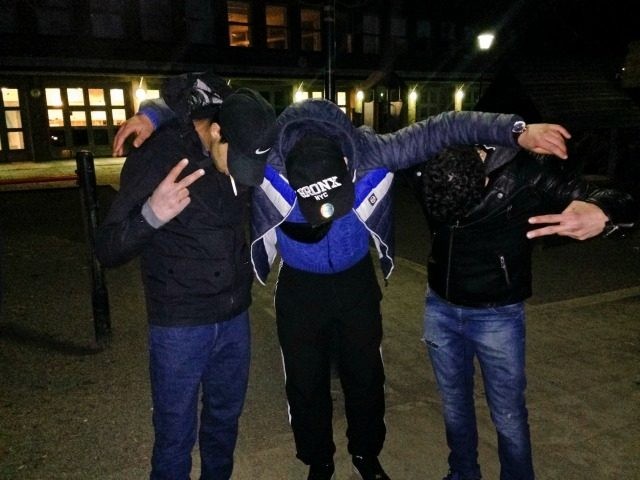Sweden and Germany are funding two orphanages in Morocco in the hope of easing the problem of homeless Moroccan ‘street children’, many of whom have joined criminal gangs.
“Now in its first stage, this is a pilot project which will provide a total of 200 beds. The idea is that in future, we will build more of these centres [in Morocco]”, Swedish Interior Minister Anders Ygeman told Dagens Nyheter.
The first orphanages are expected to be ready in the Spring, and will provide access to medical and psychiatric care along with education and training for jobs. Staff, who will be sourced from NGOs, at the homes will also work to reunite returnees with their families.
Living on the streets of Stockholm and other cities, a number of young migrants have said that they want to return to Morocco, but previously their homeland refused to take them back.
Dagens Nyheter reports that a deal was agreed between the three countries after Moroccan King Mohammed Ben Al-Hassan met with Chancellor Angela Merkel at the end of 2016.
The scheme is part of a larger settlement with a number of North African nations which European Union (EU) leaders hope will make mass migration to the continent more manageable.
Estimated to cost more than €20 million (£17 million), Germany and Sweden aim to access money from the EU migration fund.
“With this initiative — which has the full support of Morocco — we hope to be able to return people who are under 18, and that requires that there be a reception organised for them. We estimate there will be 50 places for migrants returned from Sweden.”
Noting that Sweden managed to send just one unaccompanied minor back to his North African homeland last year, due to past resistance from Morocco to readmitting its citizens, the minister was optimistic about the deal.
“You can not compare [the situation] to how it was before. Swedish police must now help their Moroccan counterparts to establish people’s identities, and we will be able to send back more and more adult citizens,”, he told Dagens Nyheter.
Police in Swedish cities also welcomed the agreement.
Police Area Manager Erik Nord said:“It’s commendable if this means that more people can return home. We have big problems with young men from Morocco committing crimes in the Nordstan shopping centre and other parts of central Gothenburg.”
Sweden’s leading shopping mall Nordstan has been labelled a ‘no-go zone’ due to out-of-control violence, theft, and drug dealing by gangs of unaccompanied migrants at the centre.
Last month, Breitbart London reported that sexual abuse and harassment at the mall have become so unbearable for female members of staff that some are considering giving up their jobs.

COMMENTS
Please let us know if you're having issues with commenting.